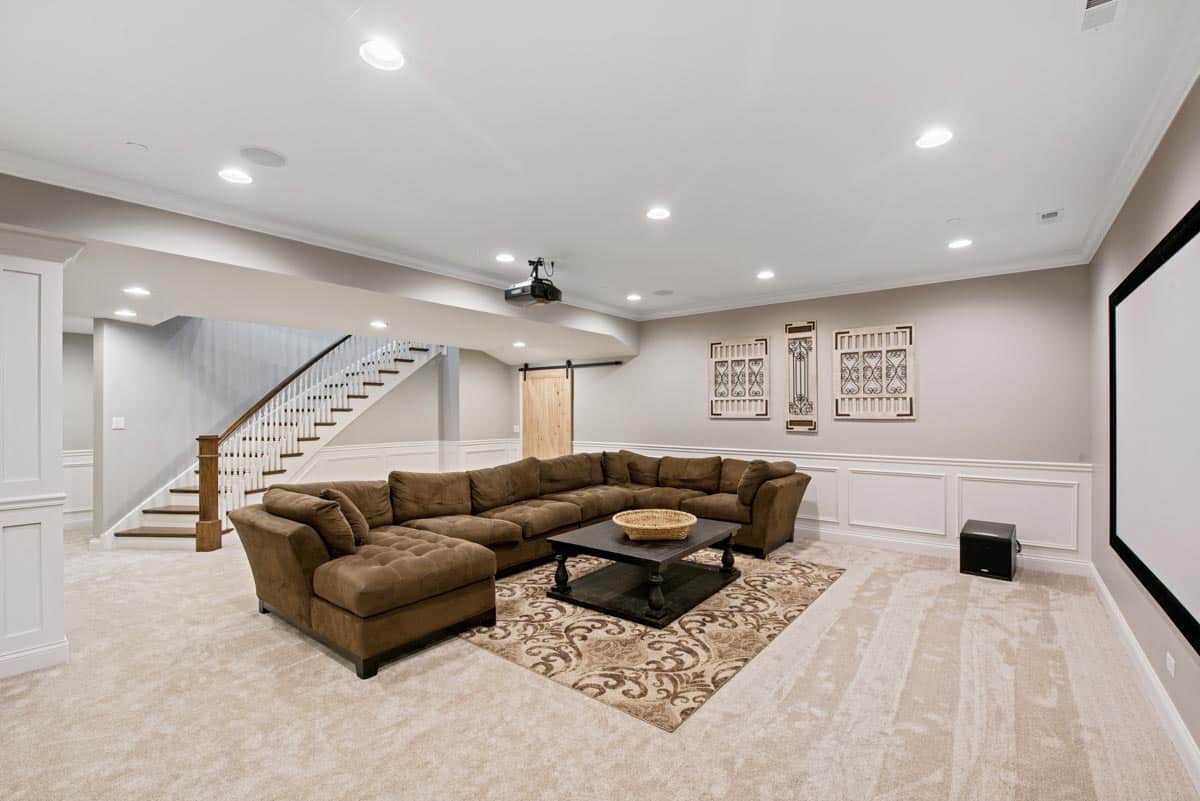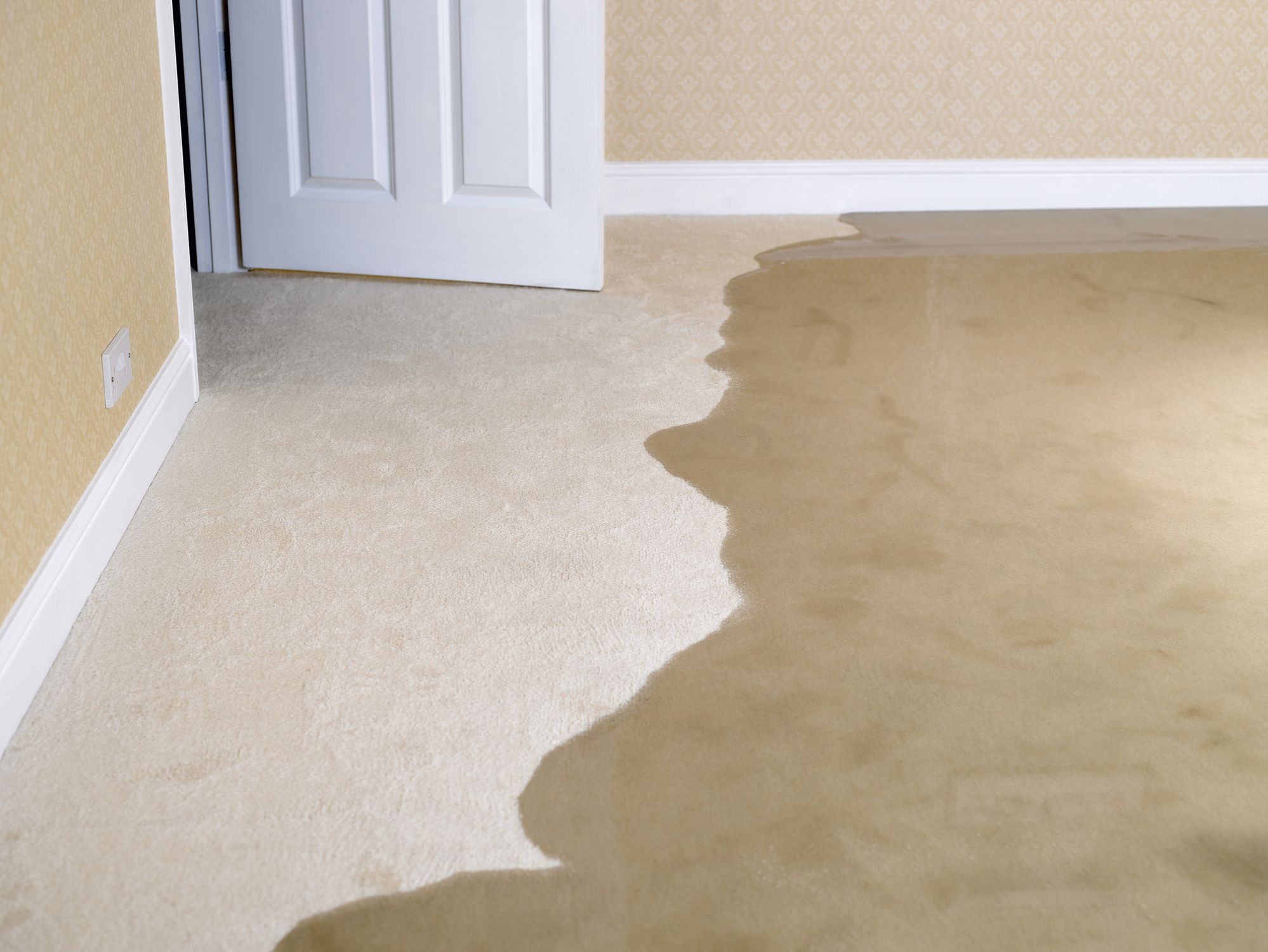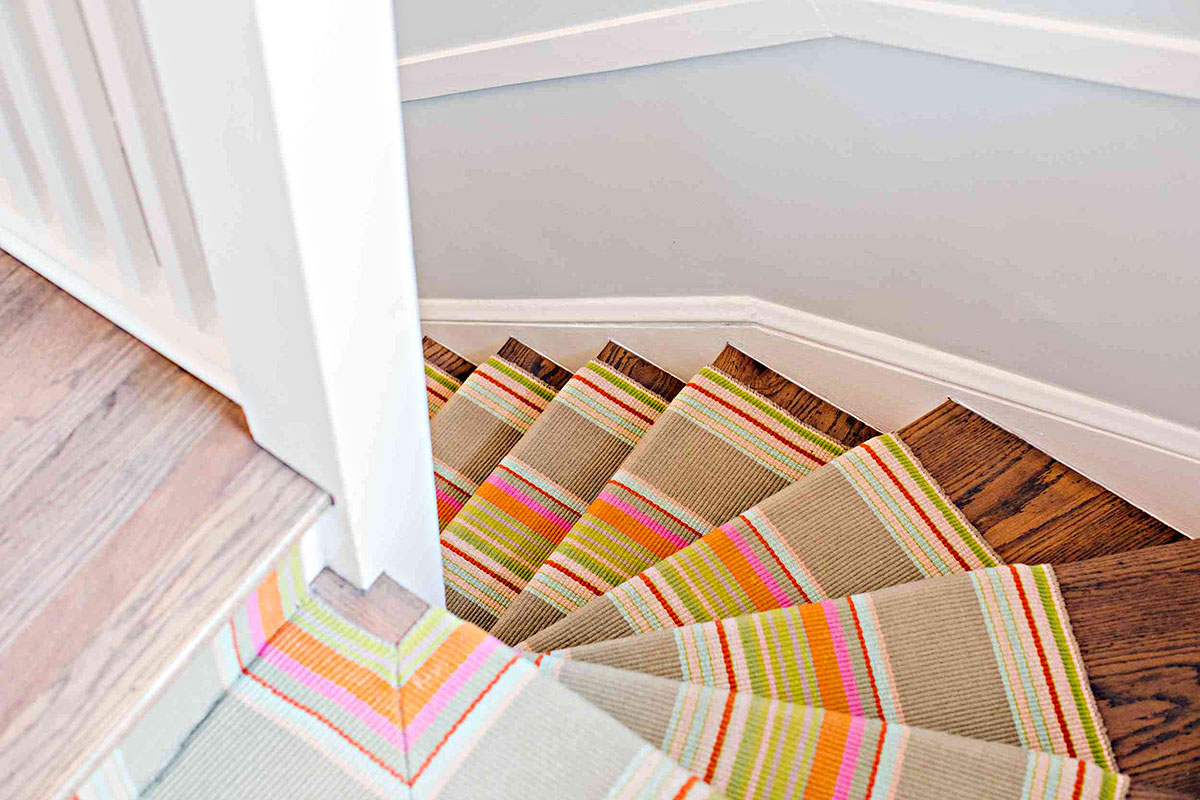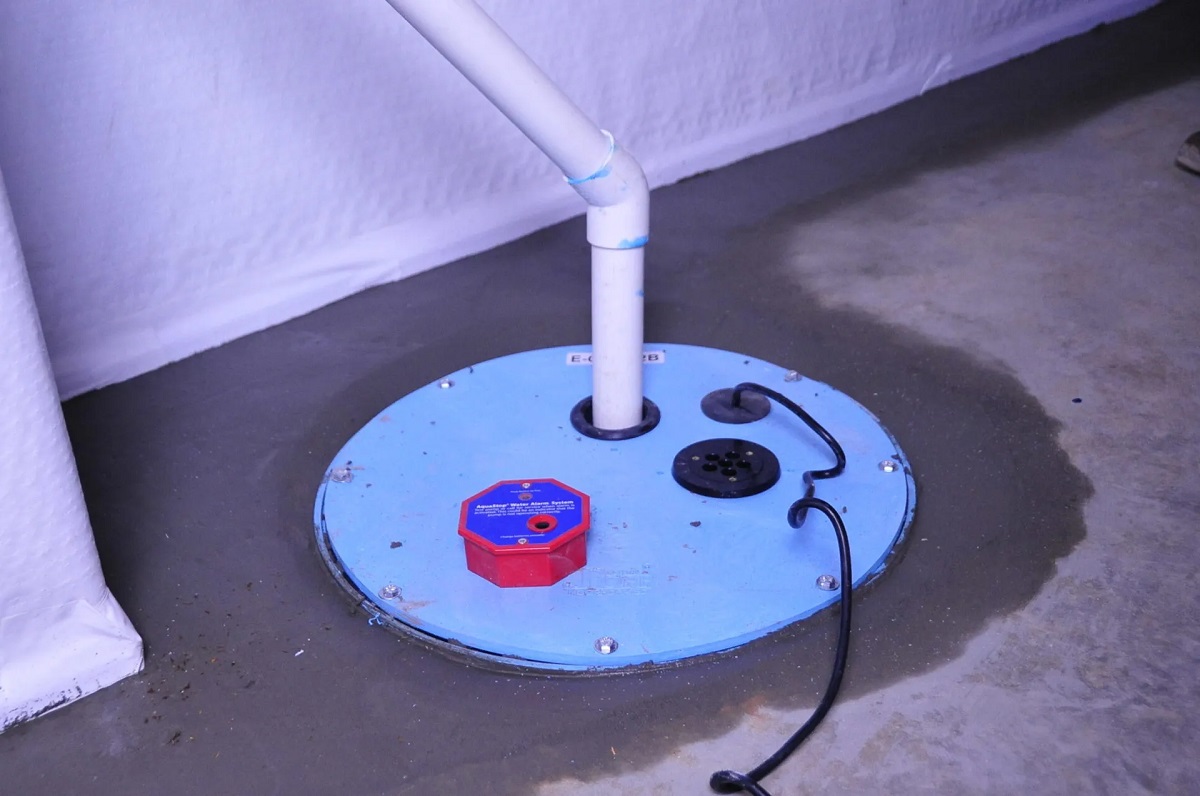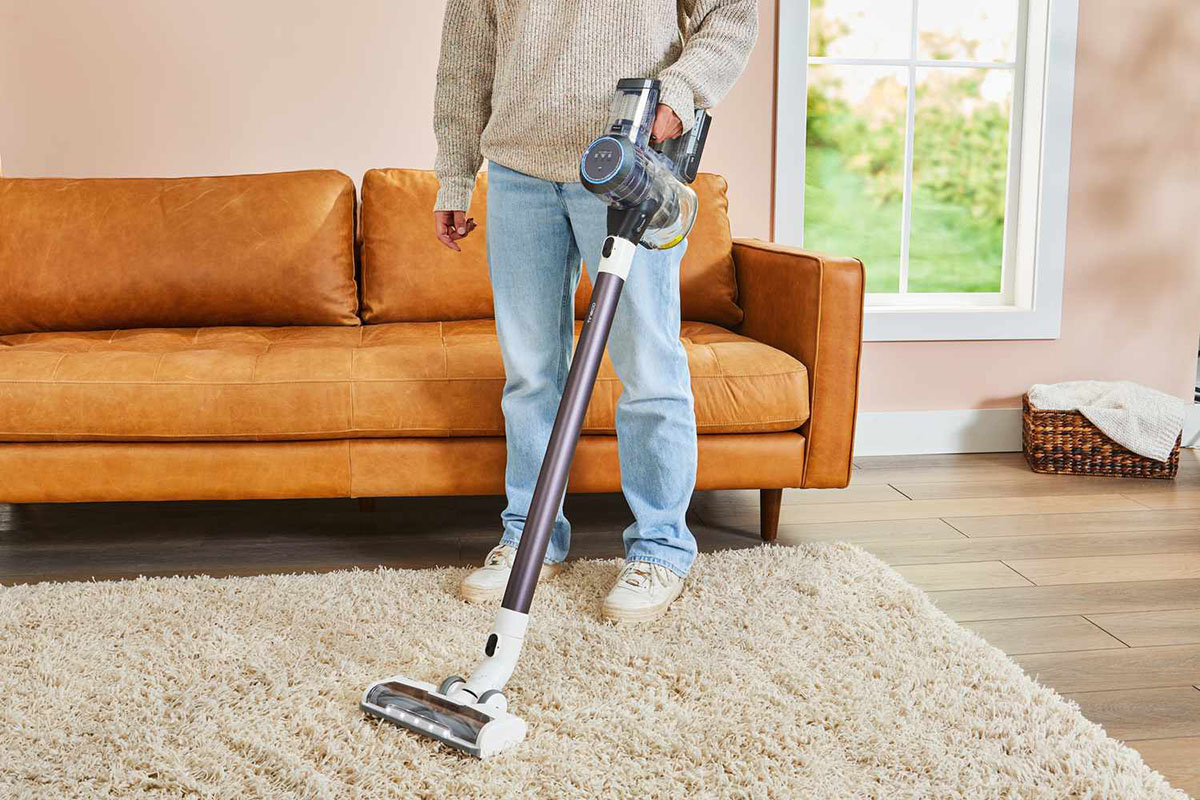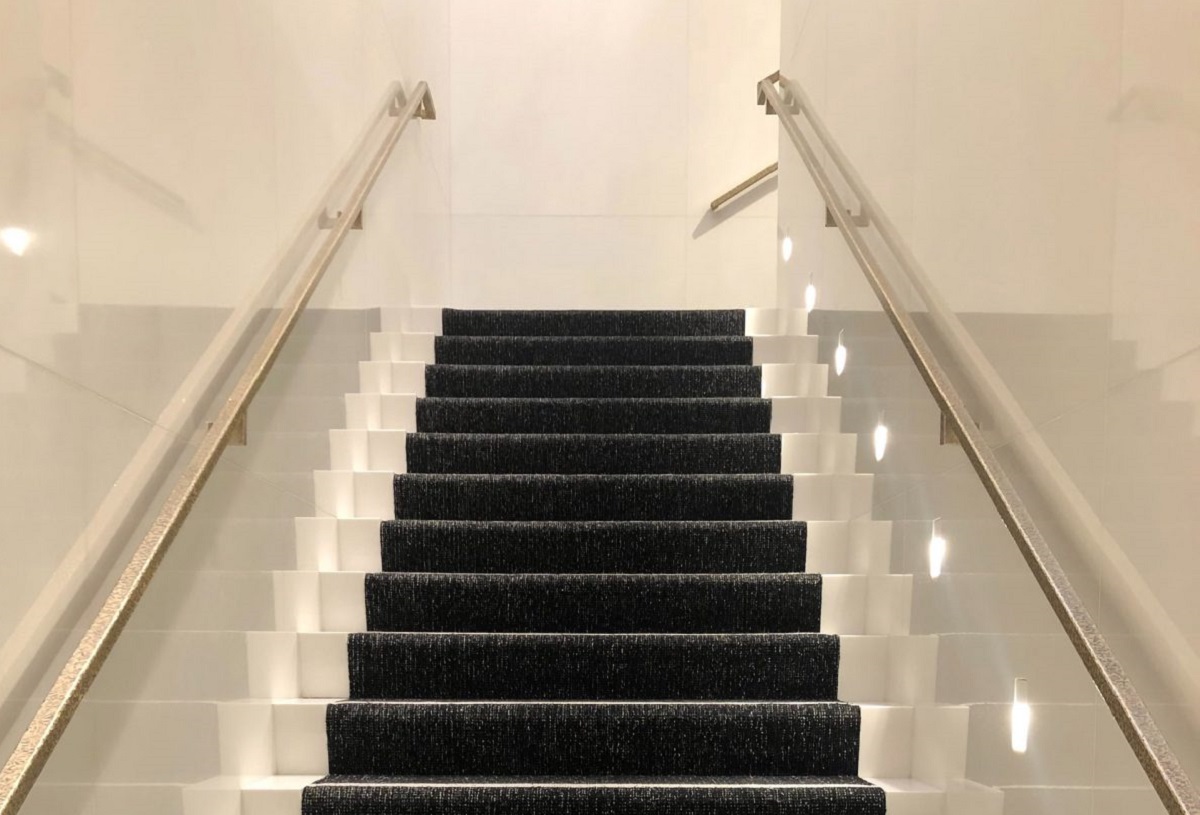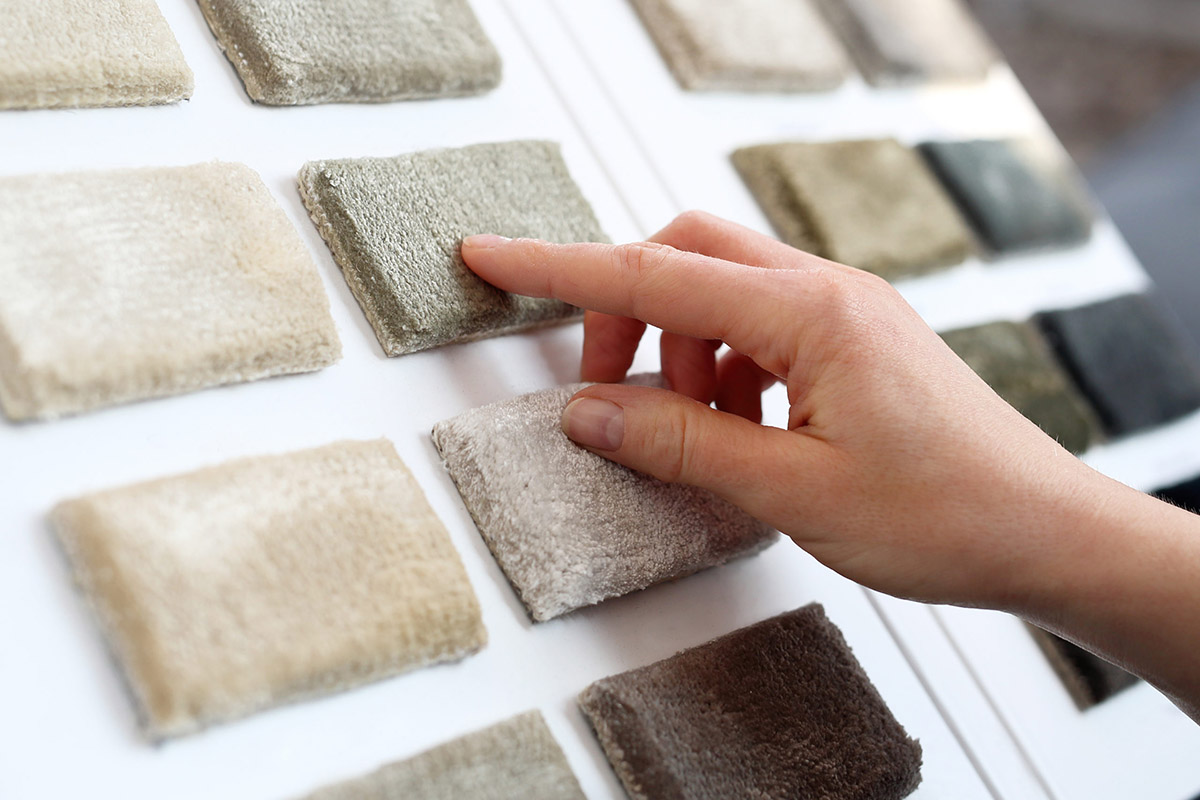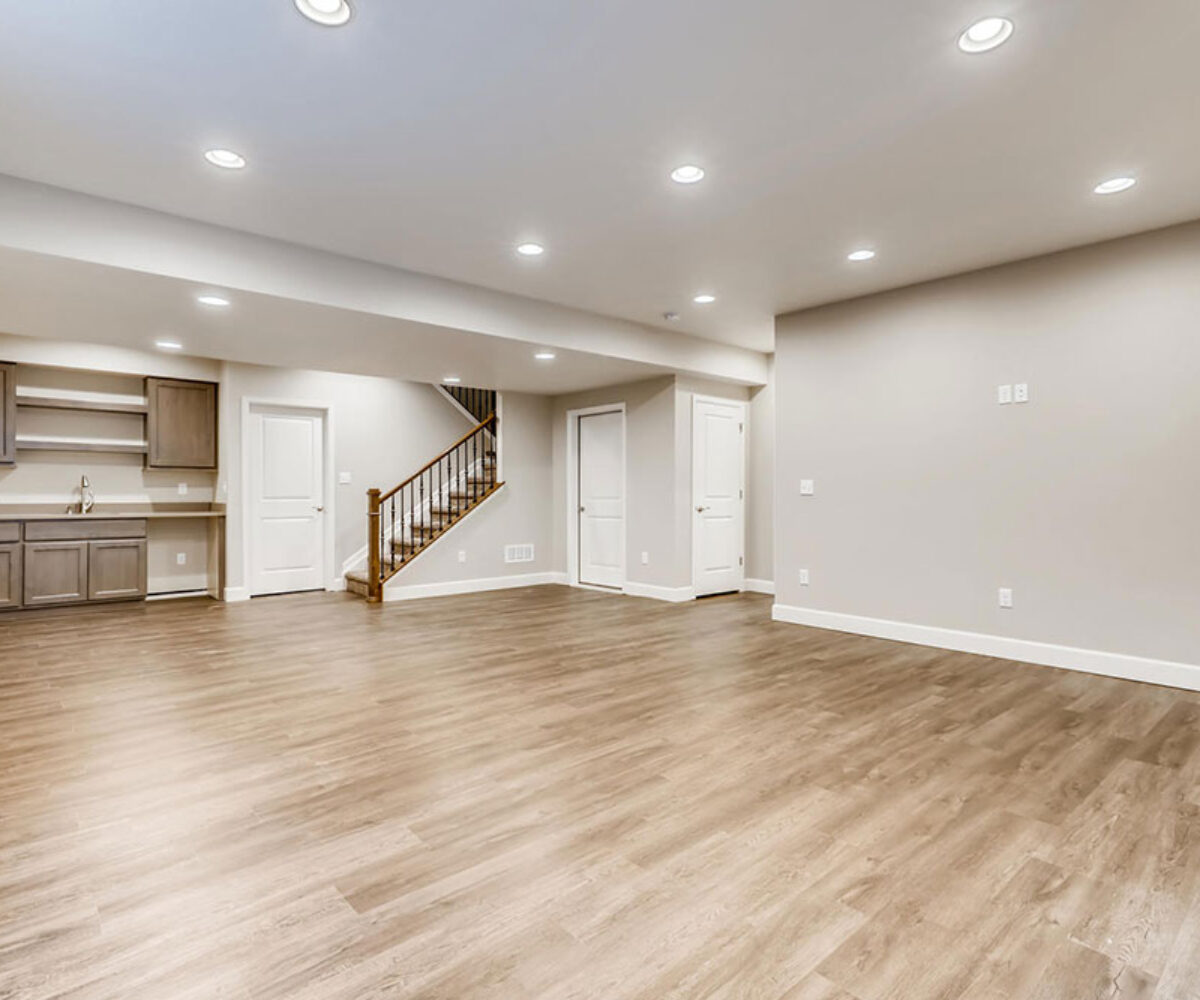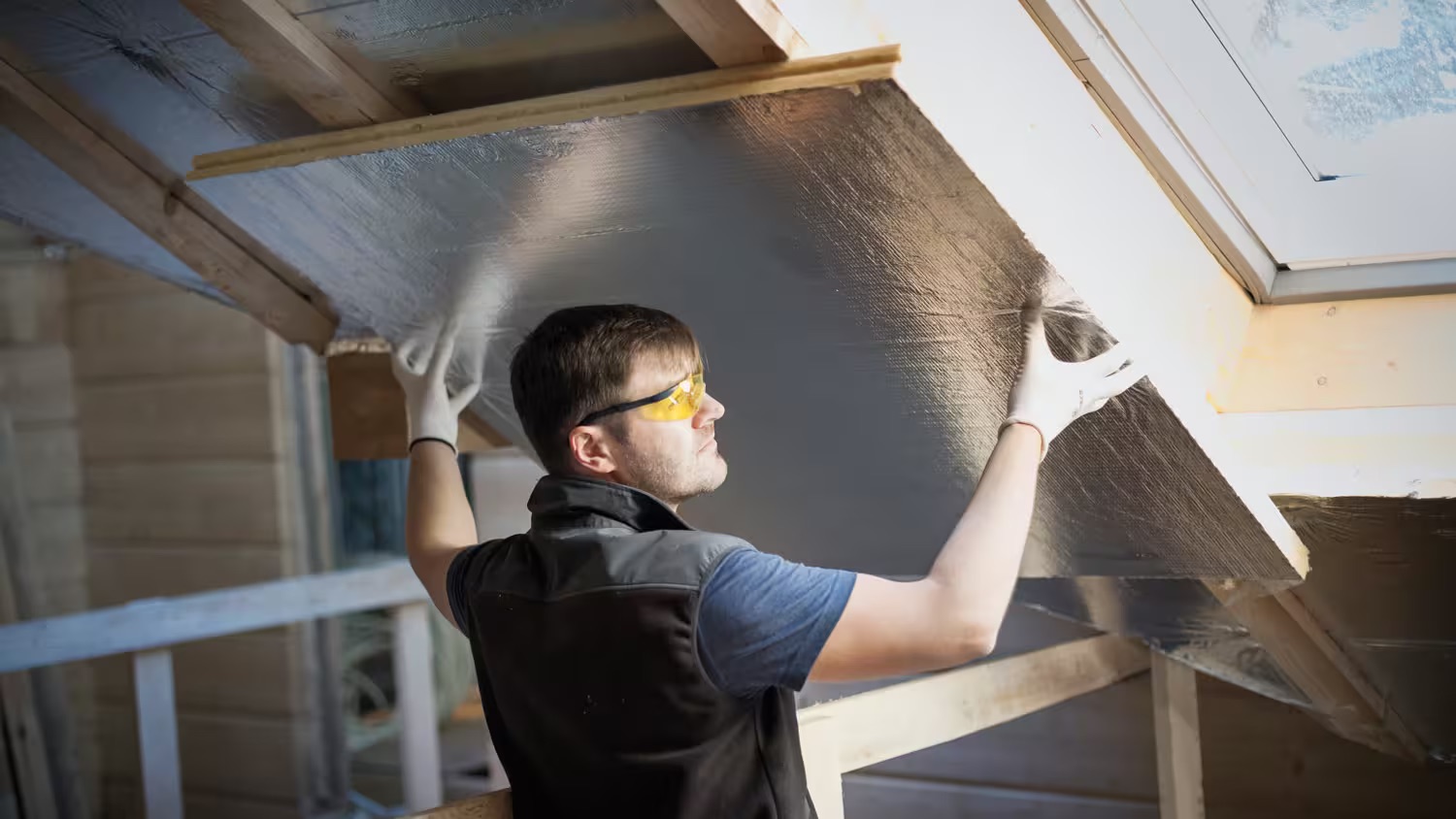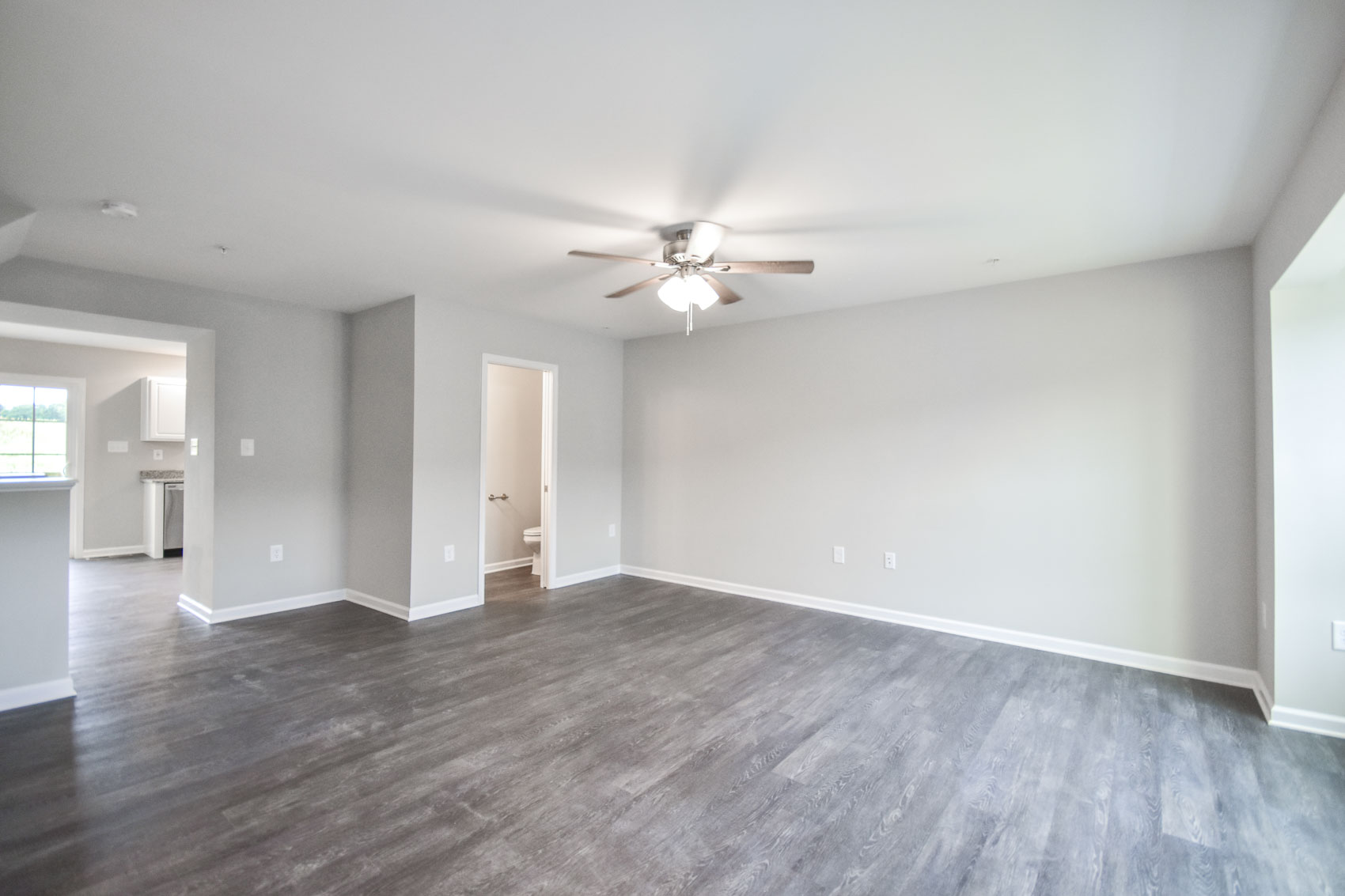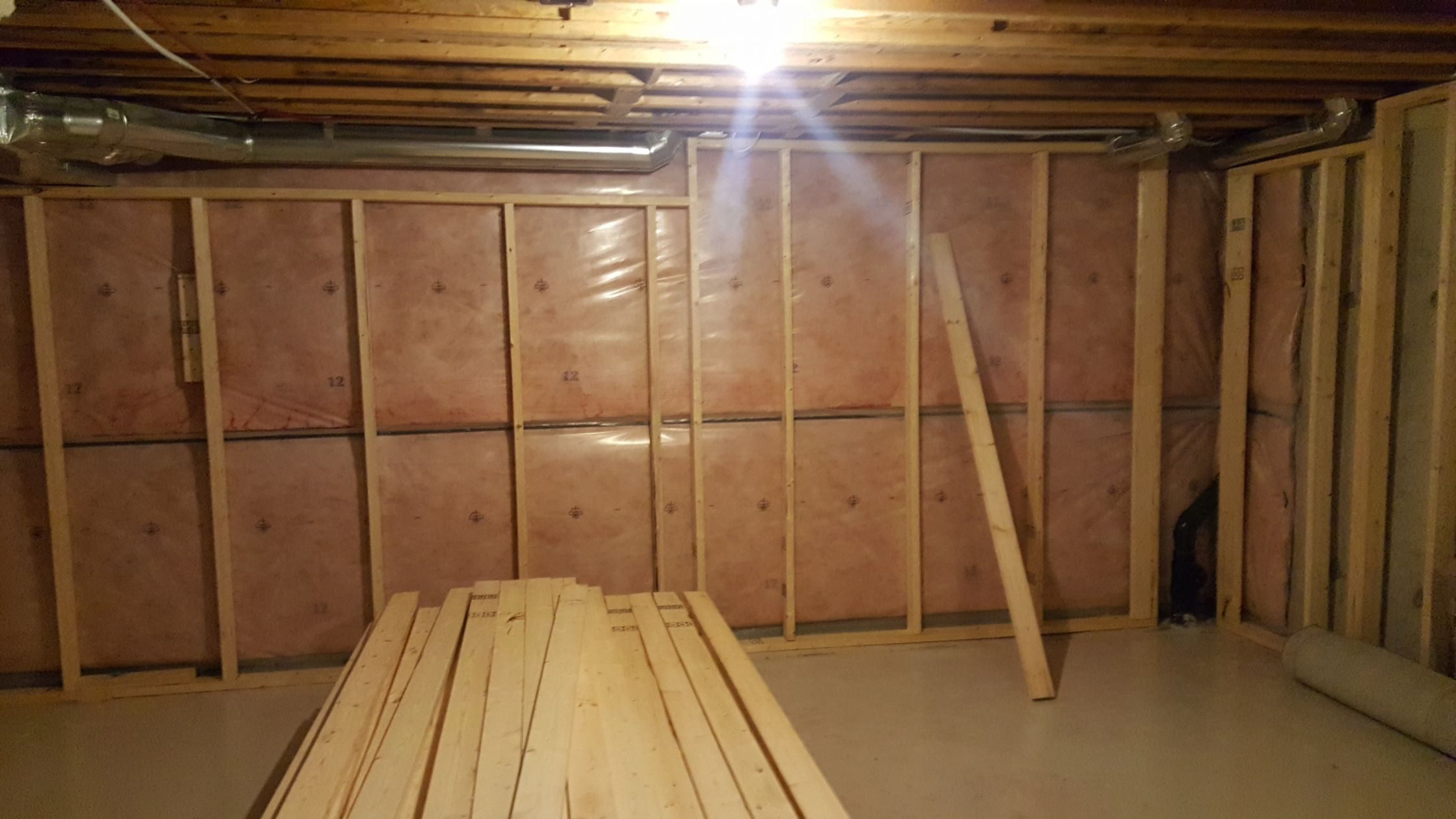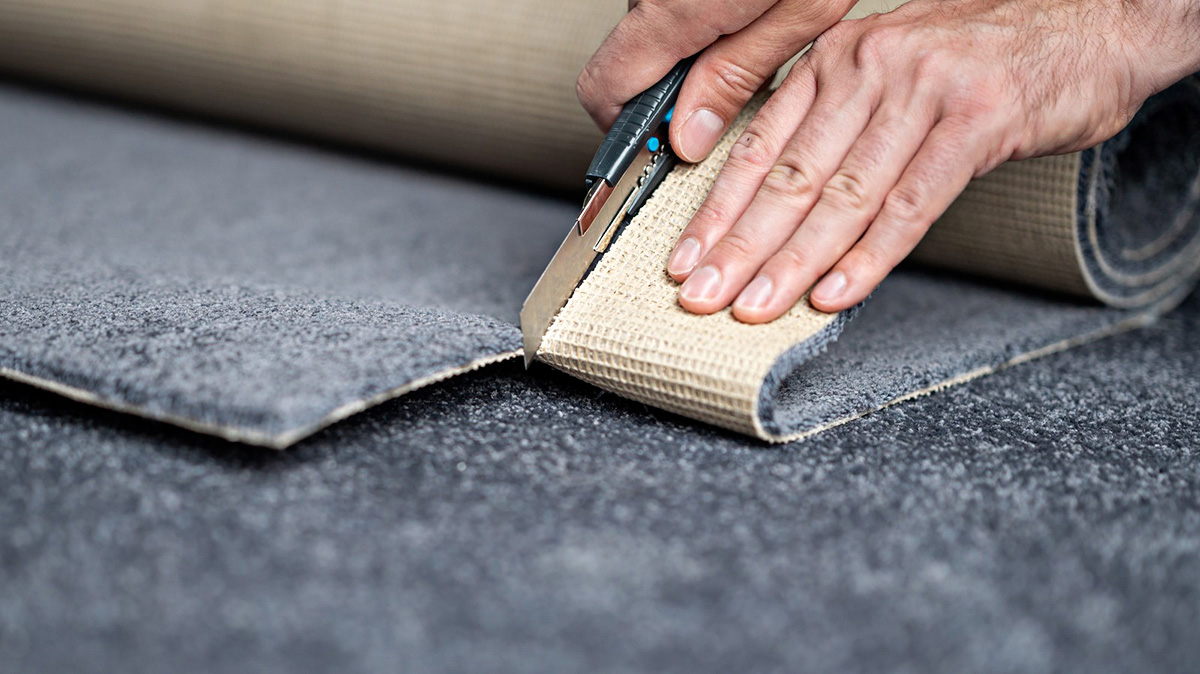

Articles
What Carpet Is Best For Basements
Modified: October 28, 2024
Looking for the best carpet for your basement? Read our informative articles on which carpets are most suitable for basements and make an informed decision.
(Many of the links in this article redirect to a specific reviewed product. Your purchase of these products through affiliate links helps to generate commission for Storables.com, at no extra cost. Learn more)
Introduction
Choosing the right carpet for your basement is a crucial decision. Basements are notorious for being damp and prone to moisture, which can create an inhospitable environment for many types of flooring. However, with the right considerations, you can find a carpet that not only withstands the challenges of a basement but also adds warmth and comfort to the space.
When choosing a basement carpet, there are several factors to keep in mind. From moisture resistance and durability to resilience and maintenance, each aspect plays a crucial role in ensuring your carpet will not only withstand the unique conditions of a basement but also offer long-lasting performance.
In this article, we will explore the key factors to consider when choosing a basement carpet, along with tips on installation, maintenance, and cleaning. By the end, you will have a better understanding of what carpet is best suited for basements and how to make the most out of your flooring investment.
Key Takeaways:
- Choose a basement carpet with moisture-resistant materials and a moisture barrier to prevent mold and mildew growth, ensuring longevity and a healthier environment.
- Opt for durable, resilient, and stain-resistant basement carpets, and consider professional cleaning every 12 to 18 months for long-lasting comfort and appeal.
Read more: How To Carpet A Basement Floor
Factors to consider when choosing a basement carpet
Choosing a basement carpet requires careful consideration of certain factors that are specific to this unique environment. Let’s explore the key factors to keep in mind when selecting a carpet for your basement:
- Moisture resistance: Basements are prone to moisture, so it’s crucial to choose a carpet that can withstand damp conditions. Look for water-resistant materials, such as synthetic fibers like nylon or polyester. These materials are less likely to absorb moisture, which helps prevent mold and mildew growth.
- Durability: The basement is a high-traffic area, so you need a carpet that can withstand heavy use. Opt for carpets with high durability ratings, such as those with a high-density fiber construction. These carpets are more resistant to wear and tear, ensuring that they will last longer and maintain their appearance even in a busy basement environment.
- Resilience: Basements often serve as a multipurpose space, so it’s important to choose a carpet that can bounce back from the pressure of furniture and foot traffic. Look for carpets with good bounce-back ability, such as those with a cushioned backing or those made from looped or twisted fibers. These carpets can withstand the weight and pressure without losing their shape or form.
- Mold and mildew resistance: Basements are prone to excessive moisture, which can lead to mold and mildew growth. To prevent this, choose a carpet with anti-microbial treatments or additives. Additionally, implementing proper ventilation and moisture control measures in your basement can help minimize the risk of mold and mildew growth.
- Stain resistance: Accidents happen, and it’s important to choose a carpet that can resist stains. Look for carpets with stain-resistant properties, such as those treated with stain repellents or made from stain-resistant fibers. These carpets are easier to clean and maintain, making them ideal for basement spaces where spills and accidents may occur.
- Installation considerations: When installing a carpet in the basement, consider the installation method that suits your needs. Carpet tiles offer the flexibility to replace individual tiles in case of damage. Alternatively, wall-to-wall carpet installation provides a seamless look but requires proper subfloor preparation to ensure moisture does not seep through.
- Maintenance and cleaning tips: Regular maintenance is essential to keep your basement carpet in good condition. Vacuum your carpet regularly to remove dirt, dust, and debris. Additionally, consider professional cleaning every 12 to 18 months to deep clean and refresh your carpet.
By considering these factors when choosing a basement carpet, you can ensure that your flooring will not only withstand the unique challenges of a basement but also provide comfort and durability for years to come.
Moisture resistance
Moisture is a significant concern in basements, making moisture resistance a critical factor when choosing a carpet. Moisture can seep through the concrete foundation or from the surrounding environment, leading to dampness and potential damage to the carpet. Here are two key considerations to ensure moisture resistance:
- Water-resistant materials: Opt for carpets made from water-resistant materials, such as synthetic fibers like nylon or polyester. These materials are naturally resistant to moisture and are less likely to absorb water, preventing the growth of mold and mildew.
- Moisture barrier installation: Installing a moisture barrier beneath the carpet can provide an extra layer of protection against moisture. This barrier acts as a barrier between the concrete subfloor and the carpet, preventing any moisture from seeping through. A vapor barrier, such as a plastic sheet or moisture-resistant underlayment, can be used to create this barrier before installing the carpet.
By choosing a carpet made from water-resistant materials and incorporating a moisture barrier during installation, you can significantly reduce the risk of moisture-related damage and ensure the longevity of your basement carpet.
Durability
Basements are high-traffic areas, often serving as multipurpose spaces for activities such as exercising, playing, or entertaining. Therefore, durability is a key consideration when choosing a carpet for your basement. Here are two important factors to consider:
- Materials with high durability: Look for carpets made from materials known for their durability, such as nylon or polypropylene. These materials are known for their strength and resistance to wear and tear, making them ideal for high-traffic areas like basements. They can withstand the constant use and foot traffic without showing signs of significant wear.
- Resistance to wear and tear: In addition to the material, consider factors that enhance a carpet’s resistance to wear and tear. Look for carpets with a higher pile density, which means there are more fibers packed together in a given area. Higher density carpets are more resistant to flattening and matting, ensuring that your carpet maintains its appearance even with heavy use.
By choosing a carpet made from durable materials and with enhanced resistance to wear and tear, you can ensure your basement carpet withstands the demands of a busy space and continues to look good for years to come.
Resilience
Resilience is an essential factor to consider when choosing a carpet for your basement. A resilient carpet can bounce back and withstand the pressure from furniture, foot traffic, and other activities. Here are two key considerations for selecting a resilient basement carpet:
- Carpet fibers with good bounce-back ability: Look for carpets made from carpet fibers known for their resilience, such as nylon or wool. These fibers have excellent bounce-back ability, meaning they can quickly recover their shape and form after being compressed. This resilience ensures that the carpet maintains its plush appearance and doesn’t develop permanent indentations from furniture or heavy objects.
- Ability to withstand pressure: Consider the carpet’s ability to withstand pressure from high foot traffic and heavy furniture. Choose carpets with a higher pile height, as they can better absorb pressure and distribute it more evenly across the carpet surface. Additionally, carpets with a cushioned backing provide extra support and resilience, making them more comfortable to walk on and more resistant to pressure.
By selecting a carpet with good bounce-back ability and the ability to withstand pressure, you can ensure that your basement carpet can handle the demands of an active space without losing its shape or comfort.
When choosing a carpet for a basement, opt for a low-pile or berber carpet that is moisture-resistant and easy to clean. This will help prevent mold and mildew growth in the damp environment.
Read more: How To Install Carpet In A Basement
Mold and mildew resistance
Mold and mildew growth is a common problem in basements due to the damp and often humid conditions. To prevent these issues from affecting your carpet, it’s essential to choose a mold and mildew resistant option. Here are two critical considerations:
- Anti-microbial treatments: Look for carpets that have been treated with anti-microbial agents during the manufacturing process. These treatments inhibit the growth of mold, mildew, and bacteria, providing added protection against potential health hazards. Carpets with built-in anti-microbial properties can help keep your basement environment healthier and cleaner.
- Proper ventilation and moisture control: Implementing proper ventilation and moisture control measures in your basement can significantly reduce the risk of mold and mildew growth. Ensure good airflow by using fans or installing vents to circulate air. Consider using a dehumidifier to maintain optimal humidity levels and control excess moisture. Adequate insulation can also help prevent condensation and water seepage.
By choosing a carpet with anti-microbial treatments and taking steps to control moisture and promote ventilation in your basement, you can minimize the risk of mold and mildew growth, creating a healthier and more hygienic environment for your carpet.
Stain resistance
Stains are a common concern in any carpeted area, but they can be especially problematic in basements, where accidents and spills are more likely to occur. When choosing a basement carpet, consider these two factors to ensure stain resistance:
- Stain-resistant carpet fibers: Look for carpets made from stain-resistant fibers, such as nylon or polyester. These fibers are inherently more resistant to staining and can withstand spills and accidents without absorbing liquids. Stain-resistant carpets allow for easy cleanup and help prevent permanent stains from setting in.
- Easy-to-clean options: In addition to stain-resistant fibers, consider carpets that are easy to clean. Some carpets come with stain-resistant treatments or coatings that provide an extra barrier against stains and make spills easier to blot or clean. Carpets with low and dense pile constructions are also easier to clean as they don’t trap dirt and stains as easily.
By choosing a basement carpet with stain-resistant fibers and easy-to-clean options, you can enjoy peace of mind knowing that occasional spills and accidents won’t leave a lasting mark on your carpet.
Installation considerations
When it comes to installing a carpet in your basement, there are a few important considerations to keep in mind. The installation method and proper subfloor preparation are crucial for the longevity and performance of your basement carpet. Here are two key factors to consider:
- Carpet tiles vs. wall-to-wall carpet: Consider whether carpet tiles or wall-to-wall carpet is the best option for your basement. Carpet tiles offer versatility as they can be individually replaced if damaged or stained. They also allow for more creative design possibilities. On the other hand, wall-to-wall carpet provides a seamless and unified look, creating a cozy and inviting atmosphere. Consider your personal preferences and the specific needs of your basement space before choosing the installation method.
- Subfloor preparation: Proper subfloor preparation is essential to ensure a successful carpet installation and to prevent moisture-related issues. Basements often have concrete subfloors, and it’s crucial to address any potential moisture concerns before installing the carpet. Ensure that the subfloor is clean, dry, and level. If moisture is an issue, consider using a moisture barrier or subfloor sealant to prevent any moisture from rising through the concrete and damaging the carpet.
By carefully considering the installation method and preparing the subfloor adequately, you can ensure a smooth and successful installation and enhance the overall performance and longevity of your basement carpet.
Maintenance and cleaning tips
Proper maintenance and regular cleaning are essential for keeping your basement carpet looking its best and extending its lifespan. Here are a couple of tips to help you maintain and clean your basement carpet effectively:
- Regular vacuuming: Regular vacuuming is crucial to remove dirt, dust, and debris that accumulates on the surface of your carpet. Be sure to use a vacuum cleaner with a beater bar or rotating brush to loosen and lift embedded dirt. Vacuum at least once a week, and pay extra attention to high-traffic areas. This will prevent dirt from settling deep into the carpet fibers and help maintain its appearance.
- Professional cleaning recommendations: Despite regular vacuuming, professional cleaning is recommended to deeply clean your basement carpet. Hire a professional carpet cleaning service at least once every 12 to 18 months, or more frequently if your carpet experiences heavy use. Professional cleaning helps remove deep-seated dirt, stubborn stains, and allergens that regular vacuuming may not fully eliminate. They also have specialized equipment and cleaning solutions that can effectively rejuvenate and refresh your carpet.
By incorporating regular vacuuming into your cleaning routine and scheduling professional carpet cleaning as needed, you can keep your basement carpet in optimal condition and ensure its longevity and attractiveness over time.
Read more: How Much To Carpet A Basement
Conclusion
Choosing the right carpet for your basement is crucial to create a comfortable and durable space. By considering the factors discussed in this article, such as moisture resistance, durability, resilience, mold and mildew resistance, stain resistance, installation considerations, and maintenance tips, you can make an informed decision and ensure that your basement carpet meets the unique challenges of this environment.
Opt for carpets made from moisture-resistant materials and consider installing a moisture barrier to protect against dampness. Choose carpets with high durability and resistance to wear and tear to withstand heavy use. Look for resilient carpet fibers that can bounce back from pressure and maintain their shape. Select options that have been treated with anti-microbial agents to prevent mold and mildew growth, and ensure proper ventilation and moisture control in your basement.
Stain resistance is also important in basements, where spills and accidents are more likely to occur. Choose carpets made from stain-resistant fibers and consider those that are easy to clean. Additionally, think about the installation method that suits your needs, whether it’s carpet tiles for versatility or wall-to-wall carpet for a seamless look, and prepare the subfloor properly before installation.
Regular maintenance, such as vacuuming at least once a week, helps keep your basement carpet clean and free of dirt and debris. Schedule professional cleaning at least once every 12 to 18 months to deep clean and refresh your carpet.
In conclusion, by considering these factors and following the maintenance tips, you can choose the best carpet for your basement and create a cozy, durable, and long-lasting flooring solution that enhances the overall appeal and functionality of your basement space.
Frequently Asked Questions about What Carpet Is Best For Basements
Was this page helpful?
At Storables.com, we guarantee accurate and reliable information. Our content, validated by Expert Board Contributors, is crafted following stringent Editorial Policies. We're committed to providing you with well-researched, expert-backed insights for all your informational needs.
